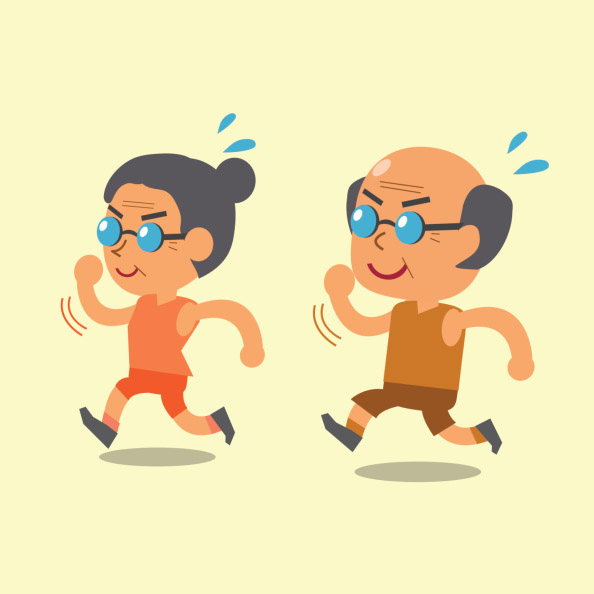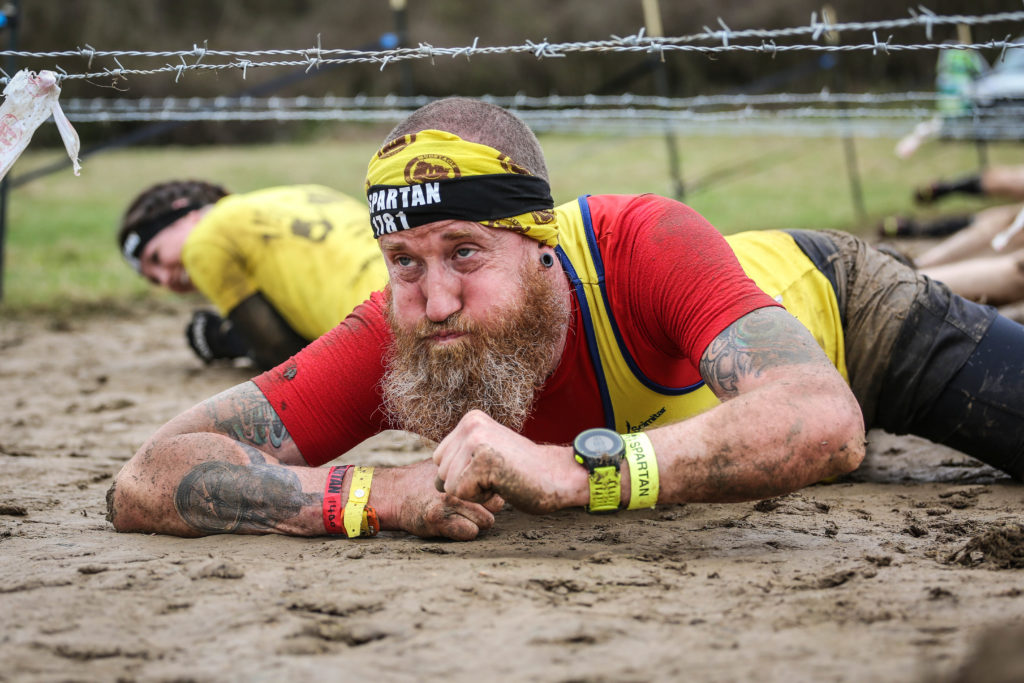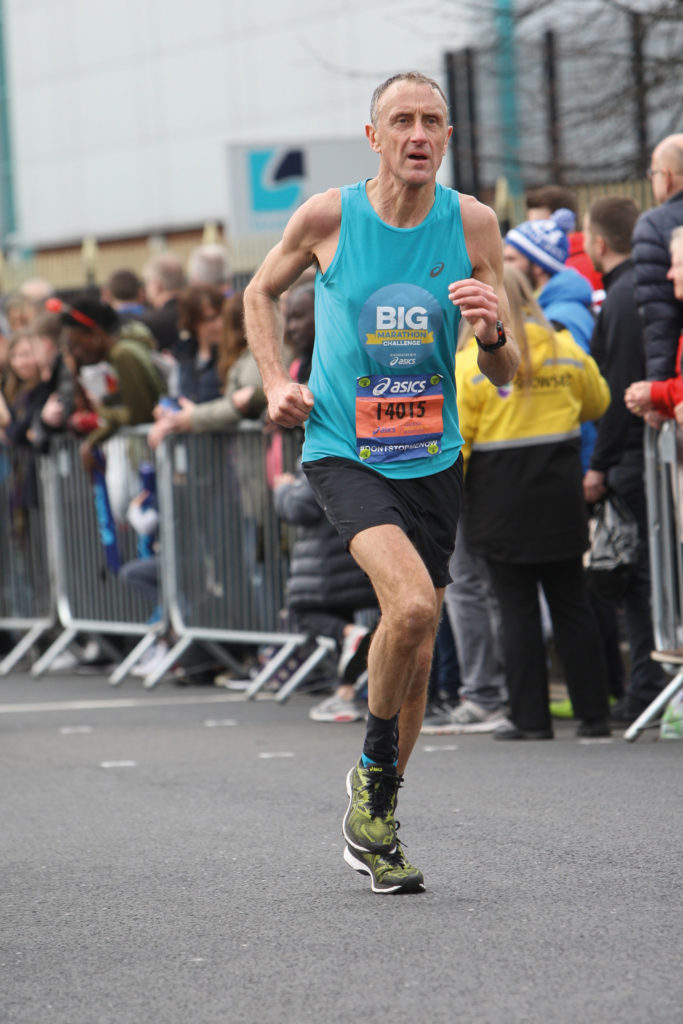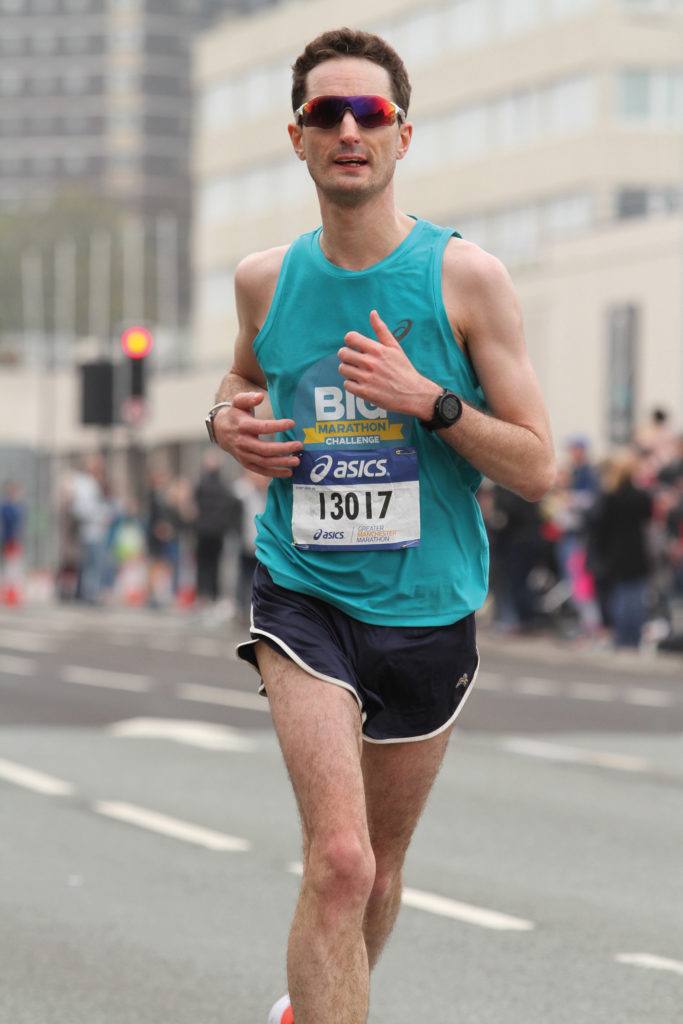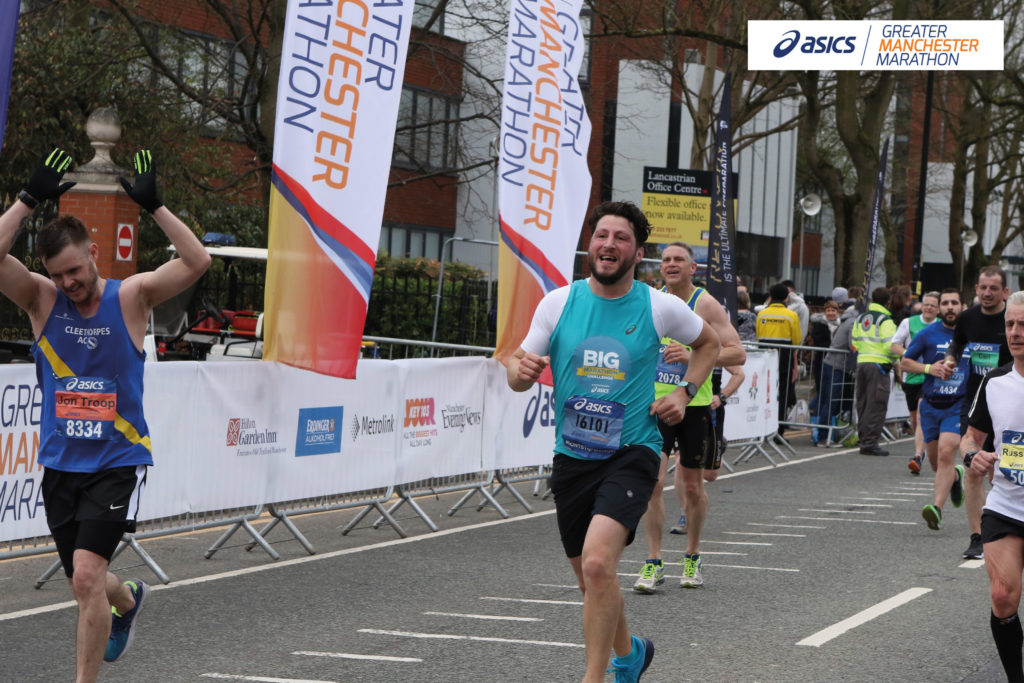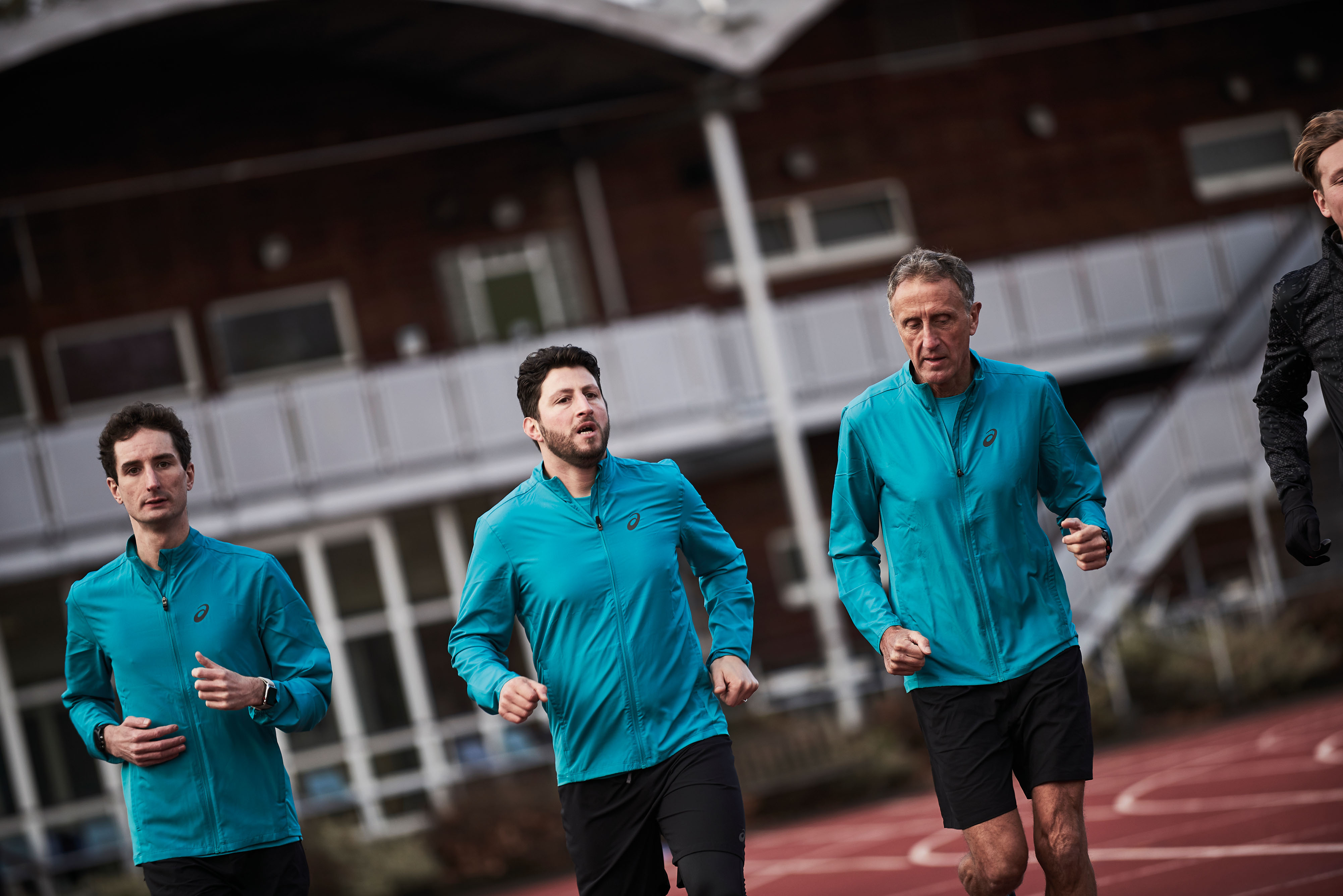So you’ll know about Mo winning world gold this year. You’ll have heard about Greg and Jess. Less heralded but almost as impressive was UK athletes’ outstanding showing at August’s World Masters Championships in Lyon, where star performers such as Anthony Whiteman and David Heath dominated their events and set times that would be top-class whatever their age.
It highlights the UK’s record of punching above its weight in international Masters running events, which pits athletes older than 35 against each other in five-year age categories. And it provides inspiration to every runner on how to adapt their training and goals to maintain – even improve – performance in the face of advancing years.
Because these guys are running seriously fast. David Heath – who won the over 45 800m and 1500m at the World Masters – has this year broken two minutes for the 800m and four minutes for the 1500m. Anthony Whiteman, who did the same double in Lyon in the V40 category, three years ago became the first over 40 to break four minutes outdoors for the mile.
And while the likes of Heath and Whiteman – both stand-out athletes in their youth – are putting in times that the rest of us can only dream of, both emphasise that it is the thrill and intensity of regular competition which pushes their running to their best.
“The lynchpin for me is never thinking about how fast I’m running or going for certain times,” says Whiteman. “It’s thinking how can I beat this guy, how can I win this race.”
“Anyone who has gone into athletics young is going to have competitive drive,” says Heath. “I tried running just three times a week but that didn’t really satisfy me. I like to train hard and compete hard to see what I can do.”
Part of the beauty of running is that it’s open to anyone of any vintage – sling on some kit, your shoes and off you go. While performance inevitably tapers off a little with age, distance running in particular is well-suited to the experienced athlete – perhaps more used to gritting out the ups and downs of life in general.
Wales’ Martin Rees, for instance, took up running at 38 and has set a swathe of world age group bests from 5K to half-marathon. Now 62, he this year scorched to 33:18 for a 10K and beat 56 minutes for 10 miles.
Whiteman and Heath are full of tips on how runners can maximise performance when we are supposedly past our prime.
“I think the big change is that I understand my body much better so I get injured less,” says Heath,. “Running is only a part of it – if I just ran I would get weaker. So I do a lot more strengthening work now – particularly foot strengthening and knee strengthening. My view is that if I get injured in the same place more than once then I am not learning properly.”
Whiteman, who as a personal trainer gets in plenty of exercise during the day job, has a slightly different take. “I’ve dropped all the junk miles. All the running I do is all sub six minute miling. There are no gentle morning runs. I thrive on the intensity of competition so I try to find ways that I can let my competitive spirit run riot.”
We can’t all cut it on the world stage. But there are plenty of opportunities in the UK. The British Masters Athletics Federation (BMAF) puts on 14 championships from sprints to marathon and from indoor to trail running, despite its lack of any government funding. And Veteran leagues organised by local clubs are a friendly environment for runners to test out different distances against similar age runners.
“You are a Masters athlete for the longest period of your life,” says the BMAF’s Bridget Cushen. ”Anyone over the age of 35 qualifies as a Master and we have competitors going well into their late eighties and nineties. What’s more competitors come from right across the social spectrum.”
Participation is on the up. Lyon this year welcomed more than 8,000 athletes from 98 different countries – and nearly 600 from the UK. “It was a big event, and it’s only going to get bigger as people inspired by the ’80s running boom hit Masters age,” said Whiteman.
The rising interest in top-flight Masters events was confirmed by the IAAF’s decision to hold a special 800m Masters race at this year Beijing World Championships. David Heath sped to a memorable victory.
“I didn’t know whether we’d be part of the main programme or just a sideshow but as we walked out onto the track there were 50,000 people in the stadium. It was a proper event,” said Heath, who remarkably recovered from a heart attack in his late thirties.
More special Masters events are planned for March’s World Indoor Championships in Portland. “There’s a lot of interest, for example in seeing former Olympians as they advance through the years,” said the BMAF’s Cushen.
Some feel the UK – which finished third in the medal table in Lyon – should capitalise on its success by integrating its Masters scene more closely with the core British Athletics federation, as is the case in other nations.
This could strengthen the case for showcasing more elite Masters events at prestige occasions such as the Olympic Stadium’s annual Anniversary Games or London’s World Championships in 2017. Wider age appeal may even help new IAAF President Sebastian Coe’s mission to reconnect athletics to a broader audience.
As for future goals, Anthony Whiteman will turn 45 next year and wants to blaze a trail though the V45 world records just as he did in the V40 group. David Heath, who is based in the French Pyrenees, plans to focus on his coaching work for the moment although he acknowledges that the competitive instinct is sure to take hold again soon.
And both Heath and Whiteman emphasise that they don’t just run against people of their own age. They rightly see themselves as runners, not veterans. “I’ve enjoyed the Masters races this year,” says Heath. “But what I really like is competing against the youngsters – and beating them.”
David Heath website: http://www.demifond.com/
British Master Athletics Federation: www.bmaf.info/

